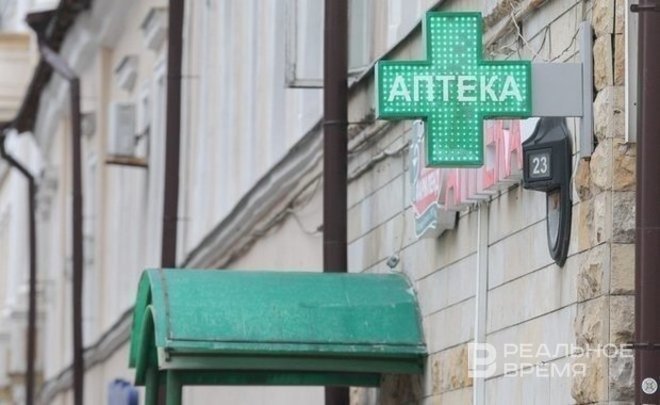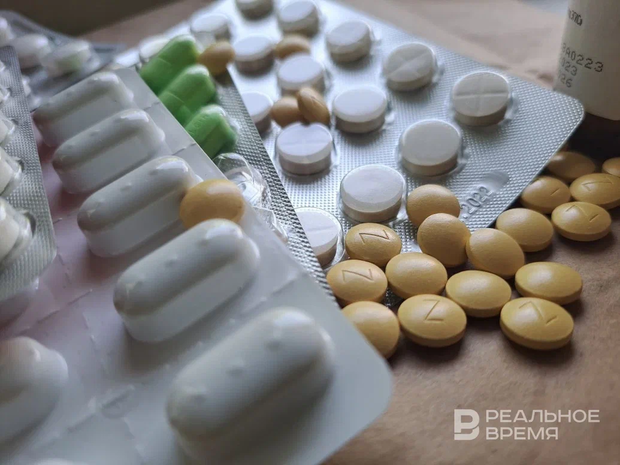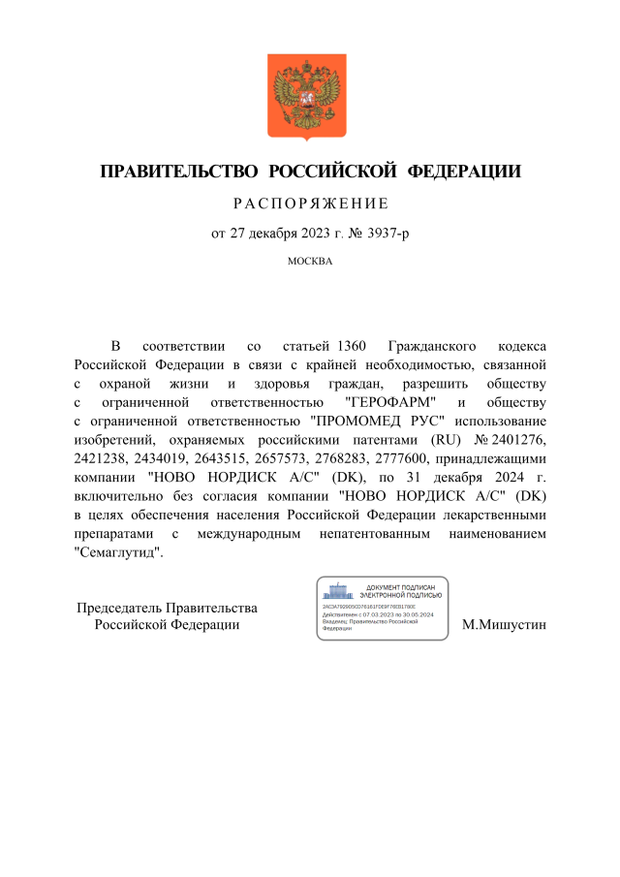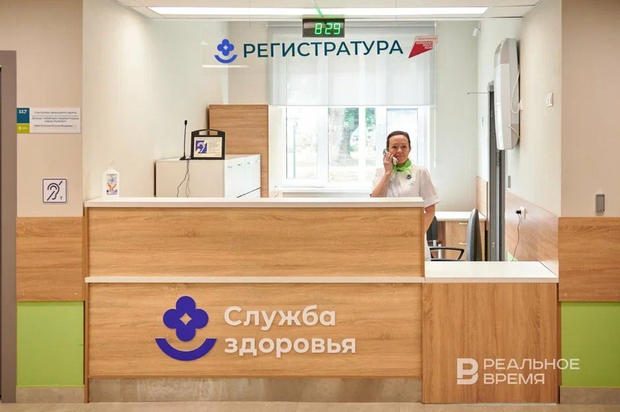Diabetics will have to fork out: analogue of Danish Ozempic appears in Tatarstan

A new diabetes drug Semavic, which is an analogue of the Danish Ozempic, was supplied to pharmacies in Tatarstan. The Russian companies Promomed and Geropharm received permission from the government for compulsory licensing of goods at the very end of last year. The press service of the latter told Realnoe Vremya in which pharmacies Tatarstan residents would be able to purchase the new medicine and why its cost was higher than the price agreed by the Ministry of Healthcare and the Federal Antimonopoly Service of Russia.
Ozempic has gone down in history
After the start of the special operation in Russia, there was a risk of disruption of the supply of imported medicines because of Western sanctions. Diabetics found themselves also at risk. Back in the spring of 2022, Tatarstan residents sounded the alarm. They started buying up diabetes drugs, which led to a short-term shortage. However, even at that time, the Ministry of Healthcare of Tatarstan reassured the residents of the republic, saying that diabetics and other patients taking imported drugs had nothing to worry about — medicines were purchased by the republic in sufficient quantities from auctions.
The problems started a little later. Already in November, the Danish company Novo Nordisk, which produces the Ozempiс diabetes drug popular among Tatarstan residents, notified the relevant authorities of its intention to stop supplies to Russia.

But, according to current legislation, the manufacturer is obliged to warn the authorities in advance about the termination of supplies of a particular drug. For this reason, the Danish company had to extend them for another year.
The media found out about this in March. At the same time, there were reports of an inflated price of the imported drug. It reached the point of absurdity: a number of pharmacies in the regions sold Ozempiс at a price four times higher than the limit. Excluding VAT, the cost was 5.8 thousand rubles. But it could be sold for 20 or even 25 thousand rubles. At about the same time, the medicine began to disappear from the shelves of Russian pharmacies.
Against this background, they began to solve the problem on their own. The Russian company Geropharm has applied to Novo Nordisk with letters on the conclusion of a license agreement for the use of patents. The company offered to pay the patent holder compensation from the net proceeds received from the sale of the drug. However, the Danes left these appeals unanswered. Then the organisation appealed to the government.
They had to resort to the article 1360 of the Russian Civil Code. It authorises the compulsory transfer of licenses for the production of innovative medicines in the interests of national security.
“The Government of the Russian Federation has the right, in case of extreme necessity related to ensuring the defence and security of the state, protecting the life and health of citizens, to make a decision on the use of an invention, utility model or industrial design without the consent of the patent holder, notifying them about it as soon as possible and paying a proportionate compensation," the Civil Code of Russia says.

Under the terms of compulsory licensing, the amount of compensation will be 0.5% of the actual revenue. Two Russian companies received permission to release medicines before the New Year at once. Thus, within one year they will be able to produce a drug with Semaglutide without the consent of the patent owner.
What's wrong with the price?
After the Cabinet's go-ahead, Promomed released 120 thousand packages of the Kvisenta drug into civil circulation, and Geropharm — 250 thousand packages of Semavik. In January, this company actively delivered medicines to Russian regions. Tatarstan is among them.
“In the Republic of Tatarstan, the drug is available in the networks such as Vita, Maksavit, ProApteka, Planeta Zdorovya, April, Aloe. It is also available in Eapteka," the press service of Gerofarma told Realnoe Vremya.
At the end of last year, the Ministry of Healthcare and the Federal Antimonopoly Service of Russia agreed on the cost of Semavic. It amounted to 4,279.5 rubles excluding VAT, which is by 26% lower than the price of the original drug. However, in reality, a completely different picture awaits buyers.
The cost of the new drug in pharmacies in the republic is more than the agreed price. Tatarstan residents are often offered to buy it from 5 thousand. There are facts of sale for 6 thousand. That is, the price has risen by almost 1.8 thousand.
“The final cost may vary in pharmacy chains in different regions, due to logistical costs," the company explained.
The press service did not specify how many packages have already been supplied to the republic, but stressed that the volume of supplies depends on the level of demand from distributors.
The number of diabetics in Tatarstan can speak about the demand. As of November 2023, this disease was detected in 133 thousand people, including about a thousand children. According to the Tatarstan Ministry of Healthcare, this figure increases by 7 thousand annually.

“Now in the world, the prevalence of diabetes among people aged 20-79 years is 10% of all diseases, in 2045 the figure is expected to exceed 12%. Diabetes mellitus has been recorded in 6 million people in Russia. This is a huge burden on society and healthcare," Gulnara Vagapova, the chief visiting endocrinologist at the Ministry of Healthcare of Tatarstan, said in November.
As the ministry recalled, diabetes can cause the development of cardiovascular diseases, diabetic foot syndrome and provoke vision problems.